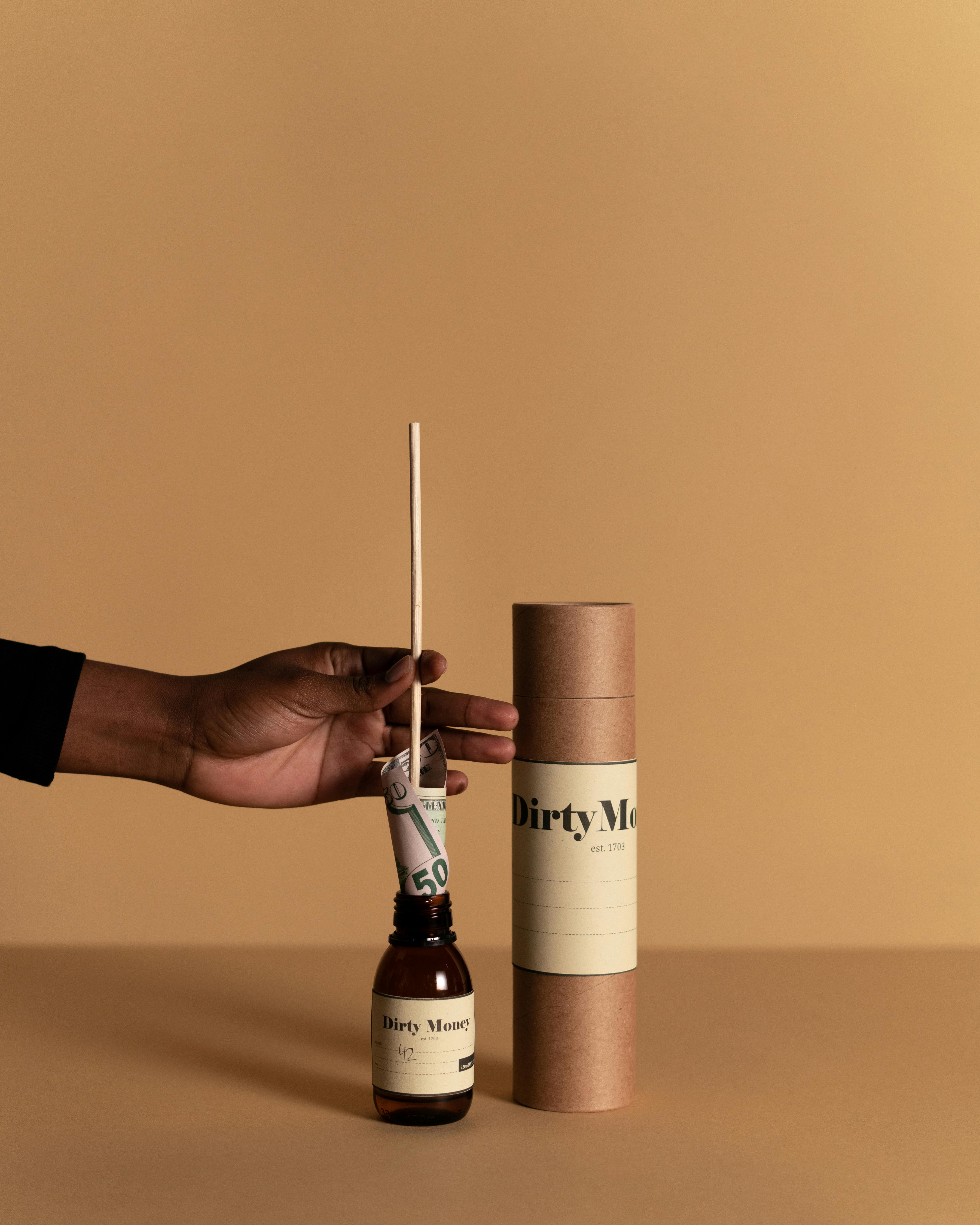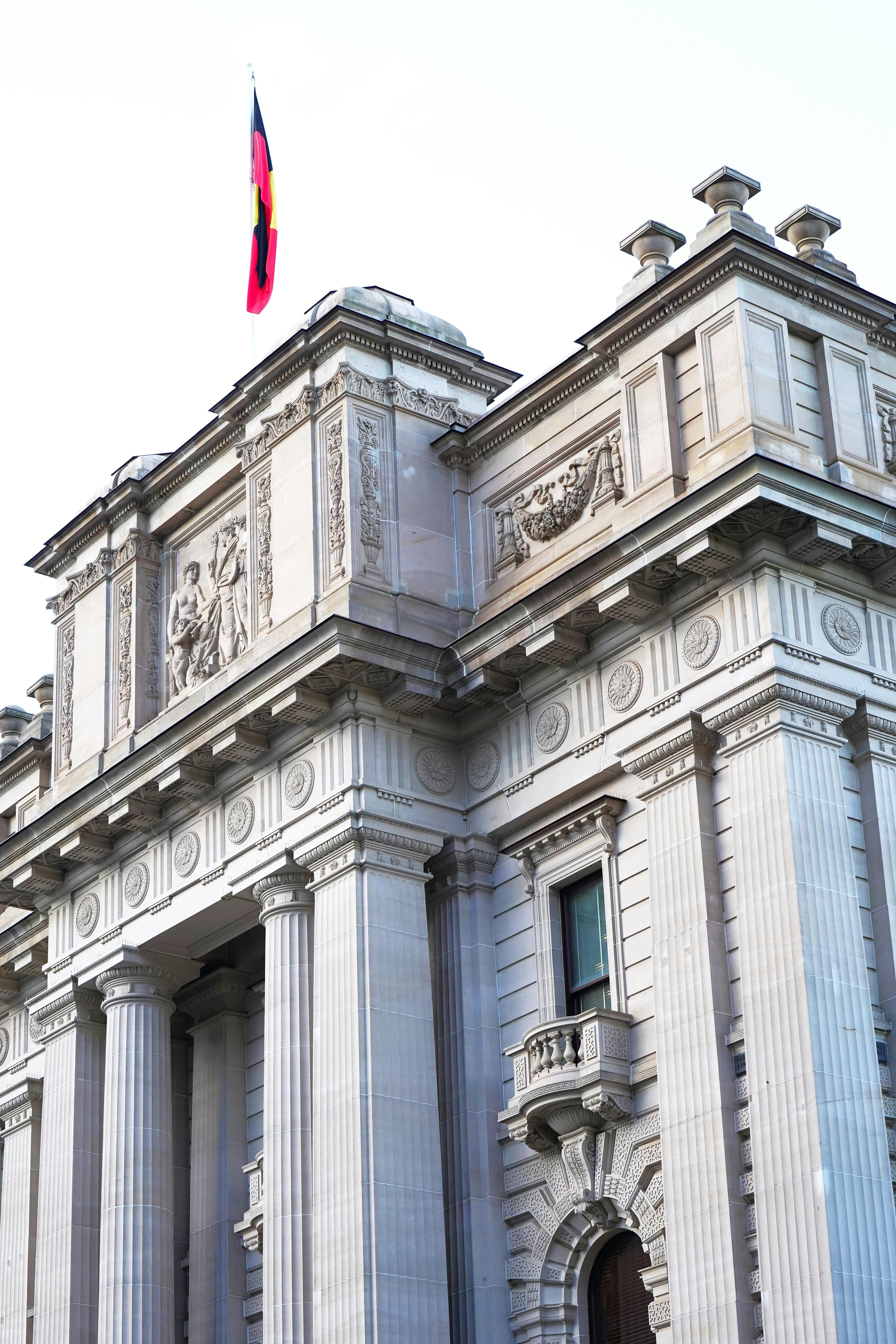Corruption in Australian Politics Explained
An in-depth look at scandals like sports rorts, pork barrelling, and the role of the National Anti-Corruption Commission (NACC).

The Big Idea in 30 Seconds
- Corruption in politics hurts trust in government and wastes public money.
- Several Australian scandals, like sports rorts and pork barrelling, highlight the problem.
- The National Anti-Corruption Commission (NACC) was created to fight corruption at the federal level.
- Transparency International ranks Australia’s corruption risk higher than it used to be, showing growing public concern.
What Is Political Corruption?
Political corruption is when people in power use their job for personal gain instead of public good. This can mean giving money or favors to supporters, unfairly handing out government contracts, or ignoring wrongdoing by allies.
In Australia, we’re not talking about the extreme corruption seen in some other countries. But that doesn’t mean we’re clean. Our corruption often involves pork barrelling, political donations with hidden motives, and the misuse of power behind closed doors.
Why Does Corruption Matter?
Corruption weakens democracy. When leaders misuse power, public trust suffers. Tax dollars may go to friends of politicians instead of where they’re really needed—like schools, hospitals, and infrastructure.
Think of it like a leaking pipe. Everything might look fine on the outside, but over time the leak spreads until support beams crack. That’s what corruption does to our political system—it quietly rots the inside.
How Big Is the Problem in Australia?
What Transparency International Says
Transparency International releases a yearly Corruption Perceptions Index, ranking countries by how corrupt they’re believed to be. In 2012, Australia was ranked 7th. By 2022, it had dropped to 14th.
That’s not terrible—but it’s a downward trend. People are increasingly worried that Australia’s political leaders are putting mates and party donors before the public.
Famous Scandals: What Went Wrong?
Sports Rorts and Pork Barrelling
The term “sports rorts” comes from a scandal where grants meant for community sports clubs were handed out in a way that favored electorates held by the ruling party. Reports showed the money wasn’t always going where it was needed most—but where it was politically useful.
This links to a bigger issue: pork barrelling. That’s when election promises or budget money are handed out to win votes, not necessarily to fix problems. It’s often legal, but many see it as unethical and unfair.

The Medich Case
One of the darker stories in Australian politics was exposed in the book Dead Man Walking: The Murky World of Michael McGurk and Ron Medich. It dives into shady deals, private investigators, and even murder tied to business interests and possible political connections in New South Wales. While extreme, it shows what can happen when there’s little oversight.
The Morrison Years
The Game: A Portrait of Scott Morrison by Sean Kelly highlights how some decisions and political tactics during Morrison’s time as Prime Minister raised serious questions about transparency and backroom influence.
The Watchdogs We Rely On
The Federal ICAC (Now It's Called the NACC)
For many years, Australia had no national body to investigate political corruption. While states like NSW had ICAC (Independent Commission Against Corruption), there was nothing overseeing federal politicians—until 2023.
The National Anti-Corruption Commission (NACC) was finally set up to investigate serious misconduct by federal government officials. It has the power to hold public hearings and look into both past and present behavior.
This came after years of public pressure, with many calling the lack of oversight a glaring hole in our democracy.
The States Have Their Own
Each state also has its own anti-corruption body. For example, Victoria has IBAC—the Independent Broad-based Anti-Corruption Commission. NSW has arguably the most powerful one, ICAC, which has investigated several top state politicians over the years.

What About Political Donations?
A big source of concern is political donations—especially from major industries like mining, gambling, or developers. When a company donates to a political party, it often expects something in return. Maybe not directly, but the favor or access is implied.
Australia’s donation rules are looser than most. Donations under $15,200 don’t have to be disclosed. Loopholes also allow “dark money”, where the source is hidden by sending it through third parties. This makes tracing influence tricky.
The Wrong Man - Leon Heckenberg's True Story of Police & Political Corruption in Australia by Leon Heckenberg Is a true life account of his 19 year journey to discover and expose corruption in the New South Wales Police Force and Australian Government at all levels.
What Can We Do?
- Support stronger transparency laws. This includes faster reporting of who donates to who.
- Watch how public money is spent, especially before elections.
- Demand that the NACC and similar bodies are fully funded and independent.
- Remember that even “legal” practices can still be unethical. Talk about it. Shine a light.
The Bottom Line
Australia isn’t a corrupt country in the traditional sense—but our system has serious weak spots. From shady donations to pork barrelling, politics can drift into murky territory unless someone pushes back.
With the creation of the National Anti-Corruption Commission and growing attention from watchdog groups like Transparency International Australia, things may be slowly changing. But it all depends on public pressure—and people caring enough to hold leaders accountable.
Find your place on the spectrum.
Understanding these issues is the first step. Now, see where your own views align.
Take the Free Political Test The Global Shift Network
The Global Shift Network